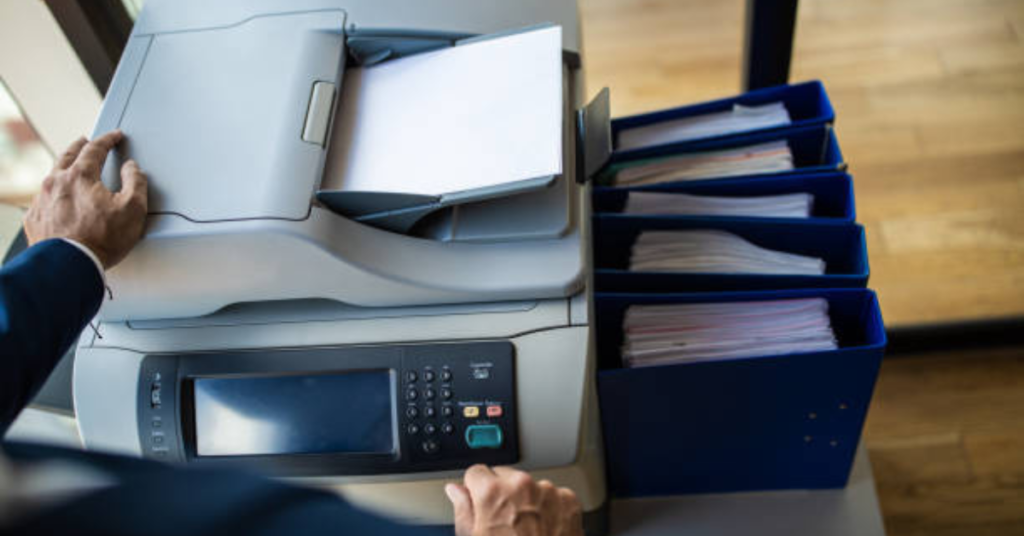In an era where environmental concerns are at the forefront of public consciousness, businesses face increasing pressure to adopt sustainable practices. Sustainable business practices not only help in mitigating environmental impact but also offer significant cost-saving opportunities. The key lies in integrating eco-friendly strategies into various aspects of business operations. This article explores how businesses can reduce costs and their environmental footprint, with a particular focus on leveraging a WordPress ecommerce website and virtual training tools.
The Importance of Sustainable Business Practices
Sustainable business practices involve managing a company’s operations in a way that minimizes negative impacts on the environment while also ensuring economic viability. These practices are essential for several reasons:
1. Environmental Responsibility:
Businesses contribute significantly to environmental degradation through resource consumption and waste production. Adopting sustainable practices helps in conserving natural resources and reducing pollution.
2. Regulatory Compliance:
Governments worldwide are implementing stringent environmental regulations. Compliance with these regulations is not only a legal requirement but also helps in avoiding penalties and legal issues.
3. Cost Savings:
Sustainable practices often lead to cost reductions through improved efficiency, waste minimization, and energy savings. This can result in significant financial benefits for businesses. 4. **Brand Reputation**: Consumers are increasingly favoring businesses that demonstrate a commitment to sustainability.
Adopting eco-friendly practices can enhance a company’s brand image and attract environmentally conscious customers.
Leveraging a WordPress Ecommerce Website for Sustainability
A WordPress ecommerce website can play a crucial role in promoting sustainable business practices. WordPress, a popular content management system, offers numerous plugins and features that can help businesses operate more sustainably.
1. Energy-Efficient Hosting
Choosing a green hosting provider for your WordPress ecommerce website can significantly reduce your business’s carbon footprint. Green hosting companies use renewable energy sources, such as wind and solar power, to run their servers. Additionally, they often implement energy-efficient technologies to minimize energy consumption.
2. Digital Product Offerings
Selling digital products through your WordPress ecommerce website is an excellent way to reduce environmental impact. Digital products, such as e-books, online courses, and software, do not require physical production, packaging, or shipping. This eliminates the need for raw materials and reduces waste, resulting in a lower carbon footprint.
3. Sustainable Packaging
Solutions For businesses that sell physical products, sustainable packaging is crucial. WordPress ecommerce plugins, such as WooCommerce, allow you to integrate eco-friendly packaging options. You can offer customers the choice of sustainable packaging materials, such as recycled cardboard, biodegradable plastics, and reusable containers. Additionally,
you can provide incentives for customers who choose minimal or no packaging.
4. Efficient Inventory Management
Efficient inventory management is essential for reducing waste and minimizing environmental impact. WordPress ecommerce plugins can help you track inventory levels accurately, forecast demand, and manage stock efficiently. By avoiding overproduction and reducing excess inventory, you can minimize waste and lower storage costs.
5. Green Shipping Practices
Implementing green shipping practices can further reduce the environmental impact of your WordPress ecommerce website. You can integrate shipping plugins that offer carbon-neutral shipping options. These plugins calculate the carbon emissions generated by each shipment and offset them by investing in environmental projects, such as reforestation and renewable energy initiatives.
Utilizing Virtual Training Tools for Sustainability
Virtual training tools are another valuable asset for businesses looking to adopt sustainable practices. These tools enable businesses to conduct training and development programs without the need for physical resources, travel, or printed materials.
1. Reduced Travel Emissions
Traditional training programs often require participants to travel, resulting in significant carbon emissions. Virtual training tools eliminate the need for travel, as employees can participate from anywhere with an internet connection. This reduces the carbon footprint associated with transportation and contributes to a cleaner environment.
2. Paperless Training Materials
Virtual training tools enable the use of digital materials, such as e-books, PDFs, and online presentations. This eliminates the need for printed materials, reducing paper consumption and waste. Additionally, digital materials are easier to update and distribute, ensuring that participants always have access to the most current information.
3. Energy-Efficient Training Sessions
Conducting training sessions online can be more energy-efficient than hosting in-person events. Virtual training tools typically require less energy for operation compared to physical training facilities, which need lighting, heating, and cooling. By reducing energy consumption, businesses can lower their overall environmental impact.
4. Enhanced Accessibility and Inclusivity
Virtual training tools offer greater accessibility and inclusivity, allowing employees from diverse locations and backgrounds to participate. This inclusivity reduces the need for centralized training facilities, further minimizing the environmental impact. Additionally, virtual training can accommodate various learning styles and paces, improving overall training effectiveness.
5. Cost Savings
Implementing virtual training tools can lead to significant cost savings. Businesses can reduce expenses related to travel, accommodation, venue rental, and printed materials. Moreover, virtual training sessions can be recorded and reused, providing ongoing training opportunities without additional costs. ## Case Studies: Successful Implementation of Sustainable Practices
Case Study 1: Patagonia
Patagonia, an outdoor clothing and gear company, is renowned for its commitment to sustainability. The company has implemented various sustainable practices, including the use of recycled materials, fair labor practices, and environmental advocacy. Patagonia’s ecommerce platform is powered by WordPress, allowing them to efficiently manage their online store and promote their sustainability initiatives. Additionally, they offer virtual training programs for their employees, focusing on environmental stewardship and sustainable business practices.
Case Study 2: Salesforce
Salesforce, a leading cloud-based software company, has integrated sustainability into its business operations. The company uses virtual training tools to educate employees about sustainability and corporate responsibility. By conducting training sessions online, Salesforce has significantly reduced travel-related emissions and minimized its environmental impact. Their ecommerce platform, built on WordPress, supports their commitment to sustainability by offering digital products and services, reducing the need for physical resources.
Steps to Implement Sustainable Practices in Your Business
1. Assess Your Environmental Impact
Conduct a thorough assessment of your business operations to identify areas where you can reduce environmental impact. Consider factors such as energy consumption, waste production, and resource usage. This assessment will help you prioritize sustainability initiatives and set achievable goals.
2. Set Clear Sustainability Goals
Establish clear and measurable sustainability goals for your business. These goals should align with your overall business
strategy and reflect your commitment to environmental responsibility. Communicate these goals to your employees, customers, and stakeholders to foster a culture of sustainability.
3. Invest in Green Technologies
Invest in green technologies that can help you achieve your sustainability goals. This may include energy-efficient equipment, renewable energy sources, and eco-friendly materials. Additionally, consider using a WordPress ecommerce website and virtual training tools to reduce your environmental impact.
4. Educate and Engage Employees
Educate your employees about the importance of sustainability and provide them with the tools and resources they need to contribute to your sustainability initiatives. Use virtual training tools to deliver ongoing education and training programs. Encourage employees to share ideas and suggestions for improving sustainability practices.
5. Monitor and Report Progress
Regularly monitor and report your progress toward achieving your sustainability goals. Use key performance indicators (KPIs) to track your performance and identify areas for improvement. Transparency and accountability are essential for building trust with your stakeholders and demonstrating your commitment to sustainability.
Conclusion
Adopting sustainable business practices is not only essential for protecting the environment but also offers significant cost-saving opportunities. By leveraging a WordPress ecommerce website and virtual training tools, businesses can reduce their environmental impact while improving efficiency and profitability. Sustainable practices, such as energy-efficienthosting, digital product offerings, green shipping, and virtual training, contribute to a cleaner and more sustainable future. As businesses continue to prioritize sustainability, they can drive positive change and create long-term value for their stakeholders.









